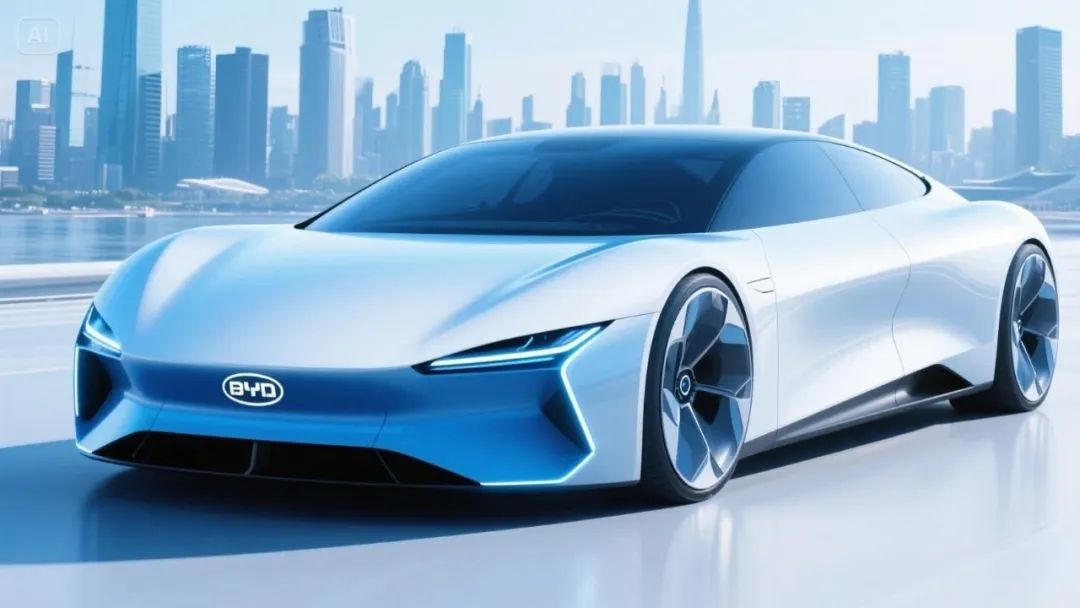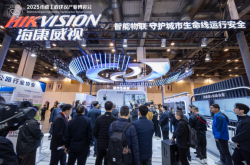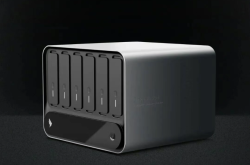BYD's Strategic Offensive Triumphs, Musk Focuses on Mitigating Damage
![]() 05/27 2025
05/27 2025
![]() 576
576
On April 2, 2025, the White House announced that Elon Musk will step down from his public role upon completing his tenure at the 'Department of Government Efficiency'.
Since President Trump signed an executive order to establish the advisory panel of the 'Department of Government Efficiency' upon taking office in January this year, Musk has been deeply involved. Leveraging the significant influence of his social media platform, X, to aid Trump in winning the US presidential election, the 'Iron Man' has since endeavored to expand his influence within the American government.
And indeed, he has succeeded.
The exact nature of the understanding between Musk and Trump remains unclear. Nonetheless, the abolition of new energy subsidies undoubtedly solidified Tesla's already formidable position in the US, while the tariff war further dampened the enthusiasm of Chinese automakers to enter the American market.
Concurrently, in nearly all markets outside the US, Tesla faces stiff competition from Chinese automakers. Among them, BYD stands out as the most formidable challenger.
Dramatic shifts have taken place in the European NEV market. On April 24, the European Automobile Manufacturers Association, headquartered in Brussels, Belgium, released data indicating that in the first quarter of 2025, sales of the American electric vehicle company Tesla continued to decline in the EU market, with new car registrations falling by 45% year-on-year. In stark contrast, BYD sold 11,123 vehicles, significantly outpacing Tesla's 6,253 vehicles.
BYD's strategic offensive in the European market has proven successful, signaling that its threat to Tesla is no longer confined to China but has begun to directly penetrate Musk's core market.
The European market is pivotal for both Tesla and BYD.
In terms of market size and status, Europe is the largest automotive market outside China and has long been the epicenter of the global automotive industry—a bellwether if you will. Capturing the European market will greatly facilitate automakers' expansion into other global markets. Compared to the uncertainty under the Trump administration in the US, Europeans demonstrate a greater enthusiasm for NEVs.
From a market potential perspective, as of 2024, the penetration rate of NEVs in the entire European market was still less than one-quarter, whereas the penetration rate of NEVs in the Chinese market had stabilized at over half. For Chinese automakers seeking new growth avenues, particularly BYD, which is already unrivaled, the European market is an indispensable link.
What is even more alarming is that as BYD's European footprint gradually expands, its threat to Tesla will further intensify.
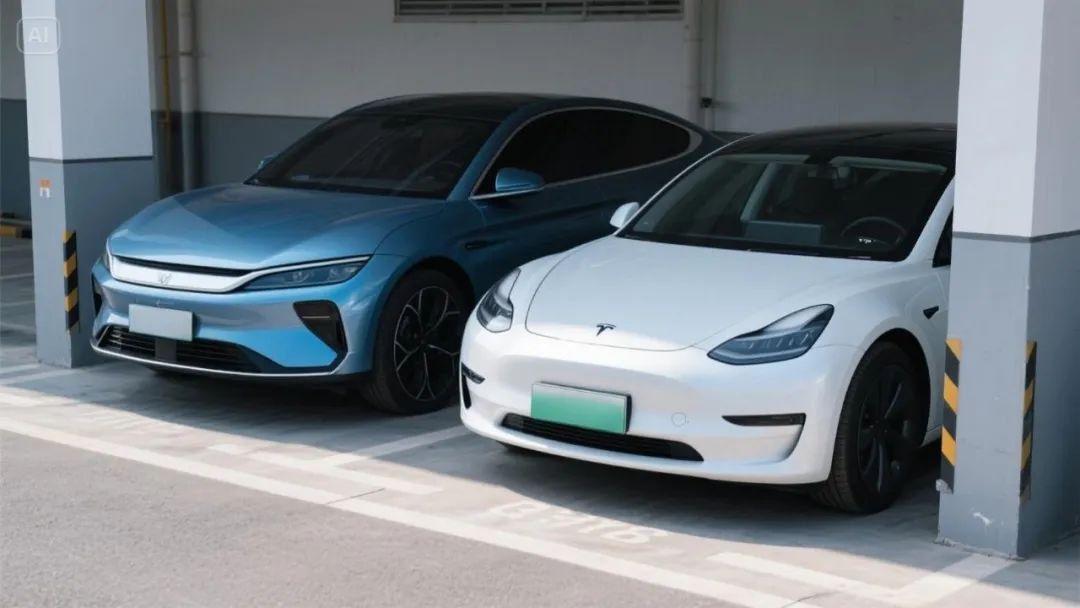
Currently, BYD's models sold in Europe encompass multiple series, including Han, Tang, and Yuan PLUS (named ATTO 3 in the European market), with prices ranging from 20,000 to 50,000 euros. Compared to Tesla, which boasts a relatively limited product line, BYD has a clear advantage in model diversity, catering to the needs of diverse consumers.
BYD's European localized production plan is also progressing smoothly.
By the end of this year, BYD plans to produce the new urban pure electric vehicle Dolphin Surf (corresponding to the domestic Haiou) at its new factory in Szeged, southern Hungary, making BYD one of the first Chinese automakers to establish local production in Europe. Additionally, BYD's factory in Turkey is also under construction.
Previously, Li Ke, Executive Vice President of BYD, stated in an interview with overseas media that the BYD Group would decide whether to establish a third manufacturing plant in Europe. Once these projects are fully implemented, combined with BYD's full-stack self-research cost control capabilities, it will undoubtedly pose a significant threat to Tesla.
After all, Europeans are prudent with their money. When technology is comparable, they will opt for high-quality and affordable Chinese vehicles.
For Tesla, the immense threat extends beyond the automotive market. BYD—and the Chinese NEV group it represents—challenging Tesla's dominant position essentially undermines the entire Tesla business empire.
Electric vehicles are Musk's core business and the most stable pillar supporting his financial market. The electric vehicle business still accounts for over 80% of Tesla's revenue. Tesla's world-leading share price is propped up by its reputation as the world's largest technology company, and the most valuable aspect of this 'technology' lies in its possession of the most advanced electric vehicle technology and market.
However, the challenge of maintaining continuous technological innovation is far greater than steadily updating product development. Musk's technology narrative has reached a delicate stage of diminishing returns: the space exploration business is gradually approaching current achievable limits, and while AI and autonomous driving offer broad prospects, it remains difficult to predict when substantial breakthroughs will occur. If the electric vehicle narrative falters, or if Tesla can no longer represent the world's best and most powerful electric vehicle company, then whether its share price can remain high becomes a precarious question.
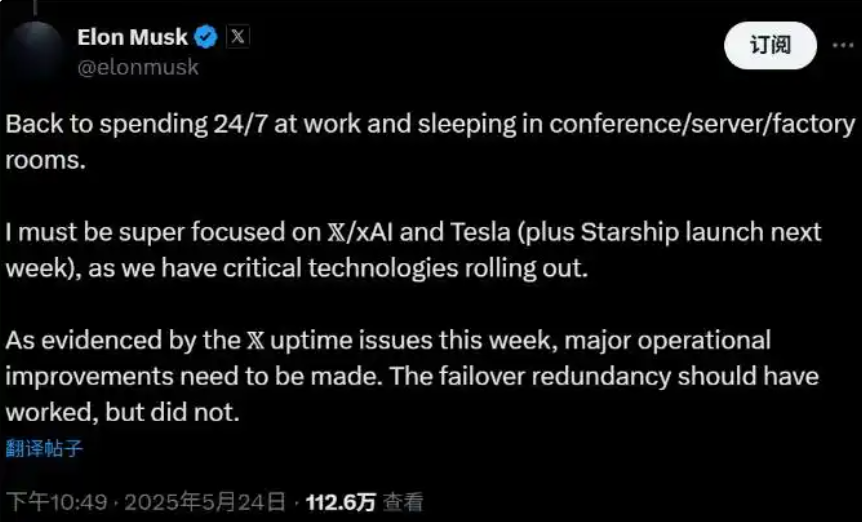
A dozen years ago, when Musk declared in front of the camera that BYD's cars were 'not very good,' he likely never envisioned being forced into such an awkward position by this company.
Nevertheless, to challenge Tesla's dominant position, BYD still has a long journey ahead. Geely and Chery still pose threats to BYD's domestic front in the Chinese market, and Contemporary Amperex Technology Co. Limited (CATL) still firmly holds the top spot in the power battery industry.
The Chinese market has nearly reached the current growth limit of the NEV market. Leaving behind its local advantages, it remains uncertain whether BYD can continue its unstoppable momentum. Sales figures in the first quarter demonstrate that, at least in the European market, BYD is performing exceptionally well.
For Tesla, this is far from merely facing the challenge of BYD but confronting the entire Chinese NEV industry cluster. For Tesla, a single company—even one as great as it is—to withstand the collective onslaught of the Chinese nation will be no mean feat. Besides BYD, Huawei, Xiaomi, and NIO, Xpeng, and Li Auto are almost all employing their most proficient methods to benchmark Tesla.
A tiger may not necessarily fear a pack of wolves.
Musk recently stated on social media: 'I must focus on X/xAI and Tesla, as well as the Starship launch next week, as we are launching key technologies.'
Evidently, the 'Iron Man' must also divert his energy to focus on damage control to stabilize his core market. In the next one or two years, Tesla must either showcase its impressive performance from years past with new models, battery technology, or autonomous driving; otherwise, it is highly probable that it will be injured by the pack of wolves.
But whether BYD will still be the leader at that time remains to be seen.
